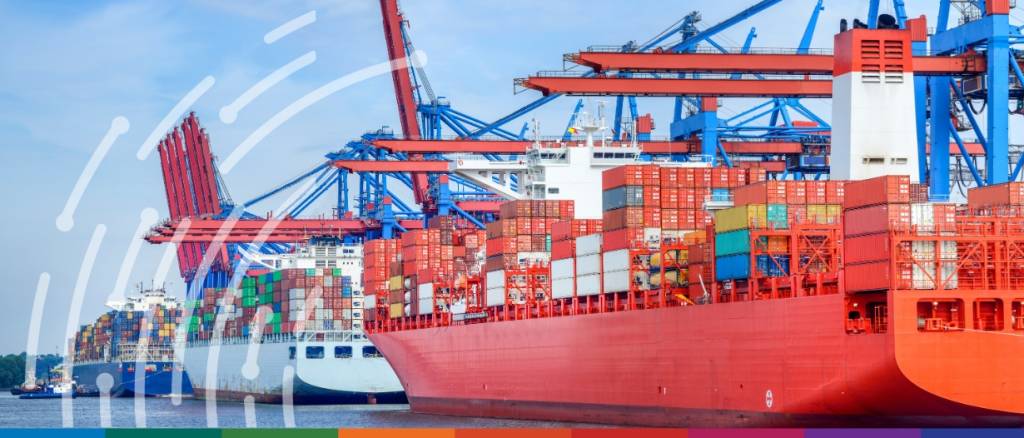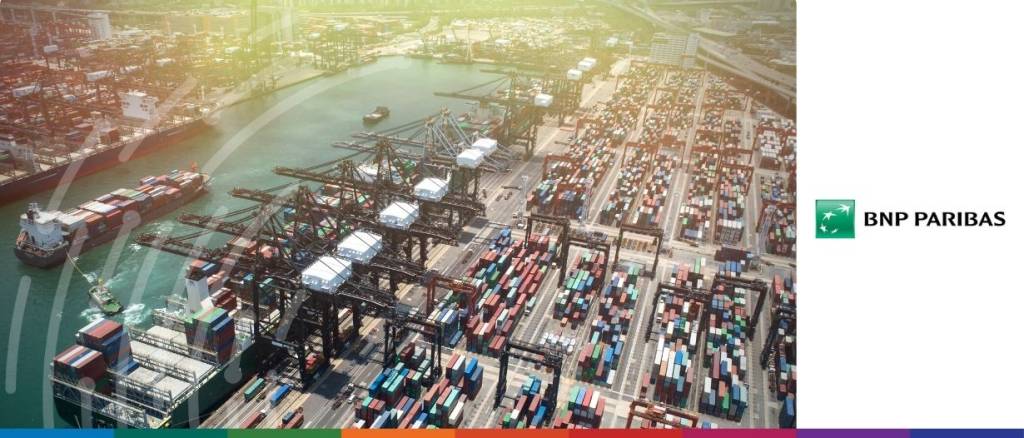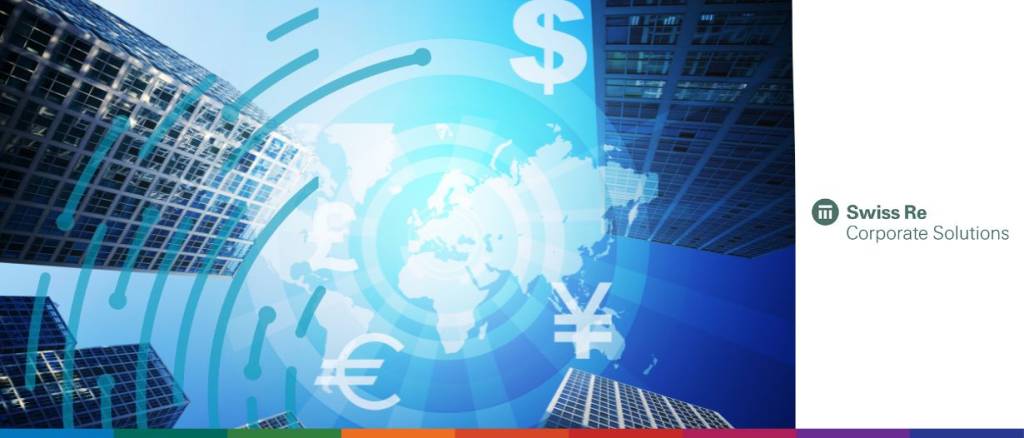Currently responsible for 3% of global greenhouse gas emissions, maritime transport must decarbonise whilst facing extensive costs and adverse economic operating environments, as well as increasing geopolitical risks.
The European Bank for Reconstruction and Development (EBRD) has recently unveiled its latest Regional Economic Prospects report. The report provides a comprehensive overview of economic trends across various regions for the year 2023, revealing a diverging pattern of growth.
The livestream is an integral part of FCI’s 55th Annual Meeting in Marrakech.The annual meeting is a focal point in the industry calendar, covering a spectrum of topics from the launch of the UNIDROIT Factoring Model Law to the rise of receivables exchanges and marketplaces.
The increasing frequency, intensity, and unpredictability of climate crises have significant implications for the sustainability of sovereign debt due to the impacts on debtors’ repayment abilities.
For centuries, trade documentation has been a time-intensive and resource-demanding process, involving a multitude of stakeholders and a deluge of paperwork. Central to this process is the bill of lading, the most critical document in international trade.
Lloyds Bank has completed what it believes to be the first transaction under the UK’s new Electronic Trade Documents Act (ETDA) which came into force today [20 September 2023].
Interoperability in open banking and open finance has many different facets and can mean many different things.
High-interest rates and elevated inflation are pressing suppliers to reduce their cash-conversion cycles
London/Toronto – September 17, 2023 – Trade Finance Global (TFG) is thrilled to announce the winners of the prestigious 2023 Trade, Treasury, and Payment Awards, in cooperation with BAFT. Celebrating its seventh consecutive year, the TFG Trade, Treasury, and Payment Awards 2023 have once again recognised the exceptional contributions to the global trade and finance industry.
To delve into the intricacies of evolving insurance market landscape, Trade Finance Global spoke with David Quehenberger, Trade Finance Lead Underwriter Portfolio Solutions at Swiss Re Corporate Solutions.
























